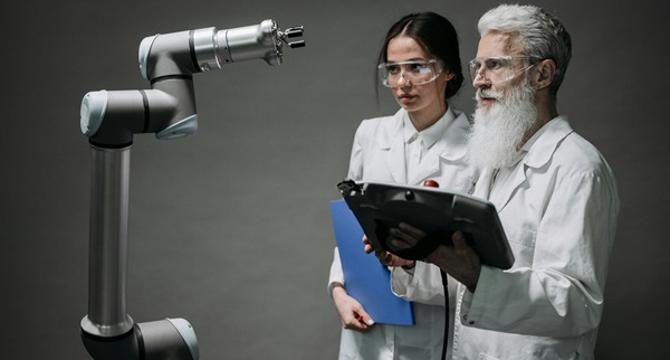Scrum
1M
397

Image Credit: Scrum
Product Development Research as a Team Sport
- Product research is often viewed as something only researchers do or something that requires scientific minds.
- Great product teams involve the whole team in the knowledge discovery process and make research a continual endeavor as they develop and sustain their products.
- Research in product development requires a systematic approach, but emphasizing people-centricity and a culture of openness can help to dispel anxieties about getting involved in the process.
- Continuous research to understand customer needs and behavior is necessary to carry out effective iterative development throughout a product's lifetime.
- Organizations often have separate research and development teams, which can lead to silos and poor transfer of information, resulting in assumptions and missed opportunities for better products.
- Bringing research and development into one team creates unity, transparency, and better collaboration, ultimately resulting in better products that meet customer needs.
- Scrum.org launched classes to train people in treating research as an ongoing activity in product development and something that the whole team can manage collaboratively.
- Product research is not a job title but an activity for increasing knowledge, and involving the whole product team diversifies perspectives, experiences, and knowledge that can be leveraged.
- Including interactive activities that allow people to experience concepts first-hand can increase the impact of gaining knowledge.
- Continuous research conducted by the whole product team should be part of a product's lifetime, from conception to end-of-life, to avoid the risk of the product becoming stale and reaching the end-of-life earlier than expected.
Read Full Article
23 Likes
For uninterrupted reading, download the app